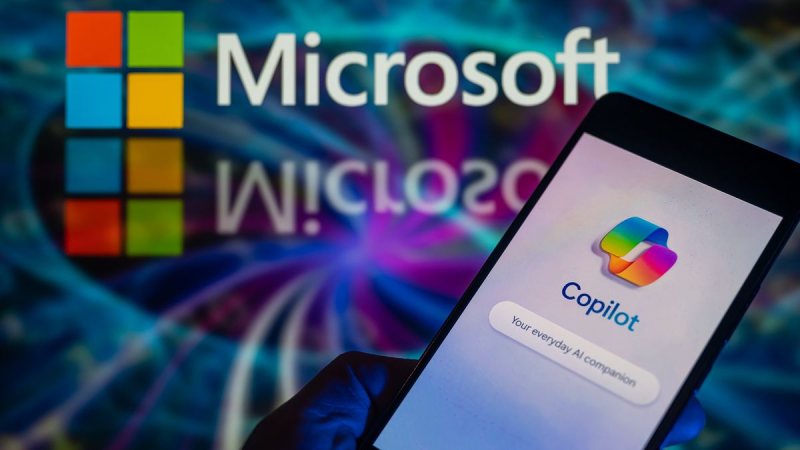Microsoft says to have “listened to feedback” in the wake of a privacy controversy involving a new tool that routinely captures images of user behavior.
When it was first shown in May 2024, critics dubbed it a potential “privacy nightmare,” which forced the tech giant to delay its distribution.
It now intends to release the tool, which uses artificial intelligence (AI), on its new CoPilot+ computers in November.
Its more contentious aspects have been removed; for instance, opt-in will now be the default, whereas in the original version it was enabled by default.
The Information Commissioner’s Office (ICO), the UK’s data watchdog, “make enquiries” with the tech giant regarding Recall as a result of the uproar surrounding it.
It said to have learned that the product had undergone a “series of changes” at this point.
“We will be continuing to assess Recall as Microsoft moves toward launch” , stated the company.
Photographic memory stored online
Microsoft described the tool as using AI “to make it possible to access virtually anything you have ever seen on your PC” and compared it to having photographic recall when it first unveiled it at its developer conference in May.
Recall was reported to be able to search through a user’s previous files, images, emails, and browser history.
It was created to make it easier for users to locate items they had previously viewed or worked on by allowing them to search through desktop screenshots that were taken every few seconds.
However, considering the volume of private information the system would gather, detractors expressed their worries right away; one expert even dubbed it a possible “privacy nightmare.”
Recall was never disclosed to the general public.
After Microsoft informed customers that it had made adjustments to make the tool more safe, a version of it was scheduled to be rolled out with CoPilot+ machines, which the company claimed as the fastest, most intelligent Windows PCs ever developed, when they launched in June.
However, the launch was postponed until the autumn after more delays. Additionally, the business has disclosed additional security precautions for it.
“Recall is an opt-in experience. Snapshots and any associated information are always encrypted,” stated Microsoft Corporate Vice President of Windows and Devices Pavan Davuluri.
He stated that “Windows offers tools to help you control your privacy and customise what gets saved for you to find later” .
However, according to a technical blog about it, depending on personal privacy settings, “diagnostic data” from the tool may be shared with the company.
The company also stated that sensitive data, such credit card numbers, will not be automatically screenshotted and that access to screenshots requires a biometric login.
Recall is limited to the CoPilot+ line of customized laptops with potent built-in AI chips.
The new protections, according to Surrey University cybersecurity specialist Professor Alan Woodward, are a major improvement.
He stated, “The security and privacy aspects will need to be thoroughly tested before any functionality like Recall is deployed.”
He did, however, clarify that he would not be using it right away.
“Until this has been tested in the wild for some time, I personally would not opt-in.”


